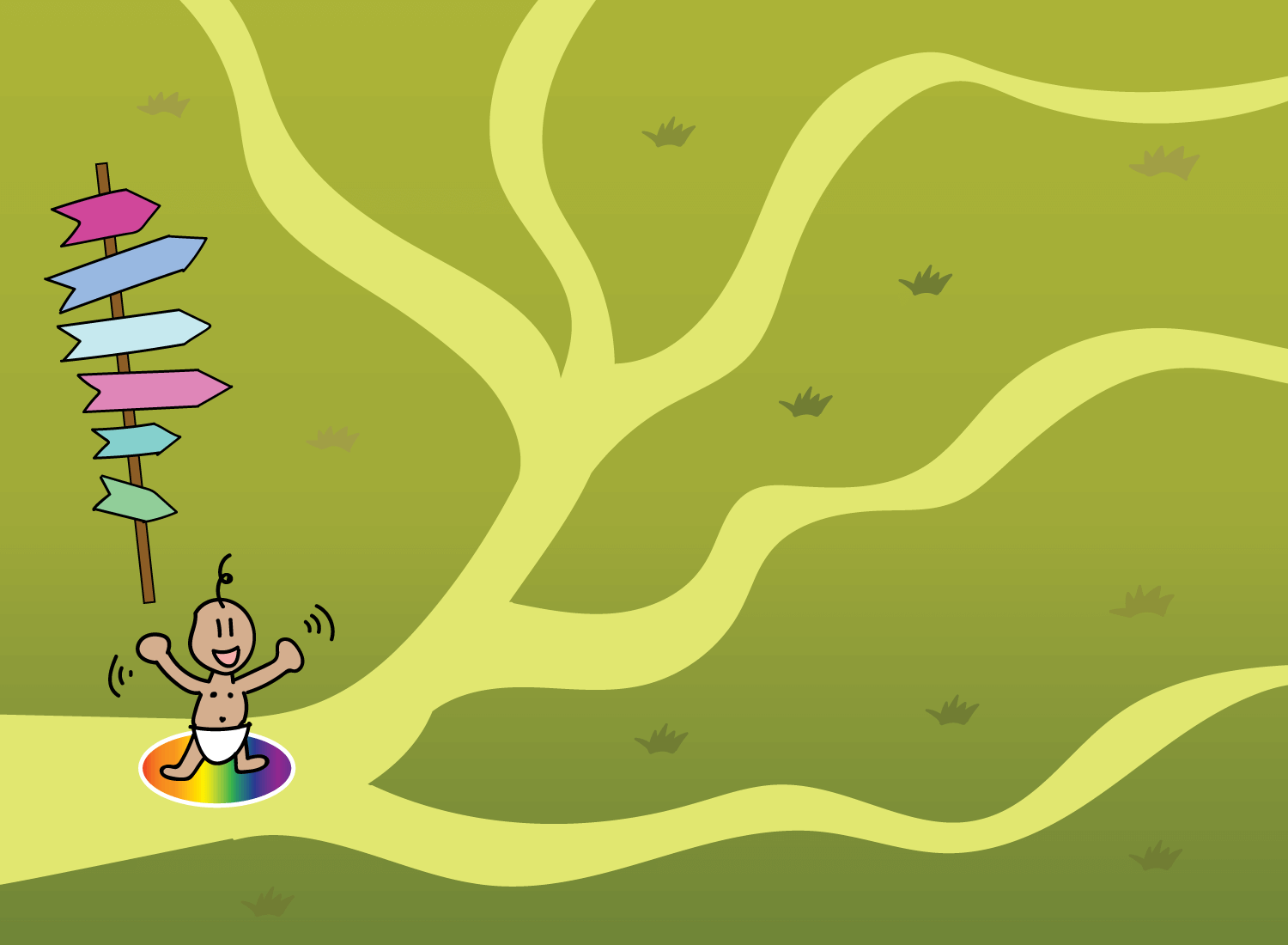There’s Nothing More Real Than Your Potential
Purpose is invisible, yet it’s fundamental to who we are.
It’s unclear if any other species on this planet can internalize the pursuit of purpose. A lion doesn’t refine its hunting ability to actualize its potential; it does so to maximize its chances of survival. The lion’s purpose, whether it realizes it or not, is to live another day.
Humans, on the other hand, can decouple survival from purpose. My desire to master the piano may have nothing to do with how much money I could earn, or how it could elevate my status. Rather, mastery may be the end goal in itself. Knowing that I’m trying to become a better piano player is often enough.
The pursuit of purpose, however, is both a source of meaning and suffering. Purpose is largely tied to progress, and progress is most commonly measured in what one does for work. The domain of problem-solving is the most common venue in which we search for meaning, whether we like it or not.
If you hate what you do for work, then you will either (1) find a sense of purpose elsewhere, or (2) use your job to fund other activities that are meaningful. If you don’t do either option for a long time, then each day will feel like a pointless slog, and nihilism will be there to greet you each morning.
That may sound like an overreach, but it’s not. There is nothing more real than your potential, even if it can’t be seen or touched.
Why else do we cherish children so much? Or say congratulations when we find out a friend is pregnant? It’s because we understand that a new life is imbued with great potential, and that a horizon of life paths are made visible when that being is welcomed into the world.
So in a sense, by not working toward your potential, you are going against the current of life itself. By turning your back on meaningful progress, you shroud the landscape of opportunity in darkness.
An existential crisis arises when you are faced with the question of purpose, and you have no satisfying answer. Perhaps you spent the last 10 years of your life working on something, only to find that it was all pointless. Or you achieved what you thought you wanted, only to feel more empty than you’ve ever been. A crisis of this nature asks you, “How are you going to make better use of your finite time now?”
This is a stressful place to be, but there is a silver lining. We learn best through trial, and error is our greatest teacher. By knowing what doesn’t work, you erase many of the potential life paths that were once on your landscape. And in their place, you can use the paintbrush of curiosity to color in new paths that resonate deep within.
When you’re on a path that feels empowering, you don’t have to wonder whether or not you should keep going. It just feels right, and you know it.
And herein lies the paradox:
The less you have to ask about your purpose, the more you embody it.
Use your curiosity to explore a path that feels foreign, and play there for a while. If the questioning of purpose grows stronger, then turn back. It’s not the right one. But if that question begins to fade, keep walking. You’re getting closer.
Through it all, remember that there’s nothing more real than your potential. Oftentimes, the awareness of that is enough to keep you going.
_______________
_______________



